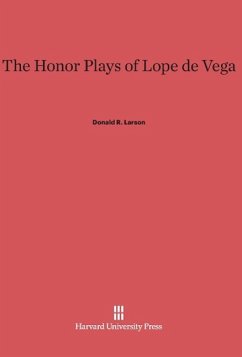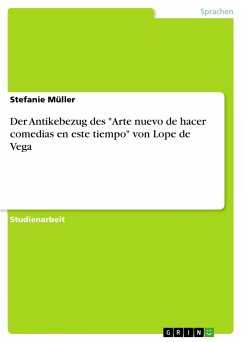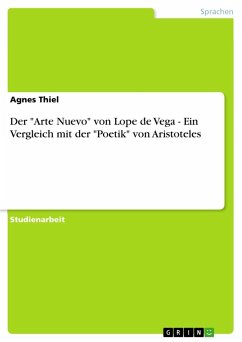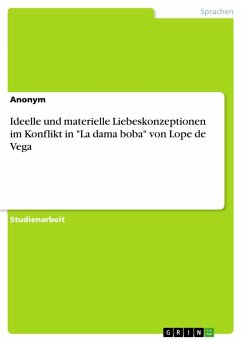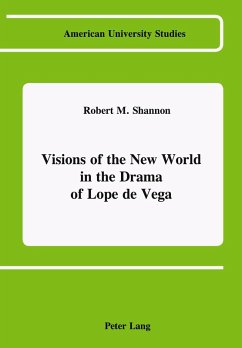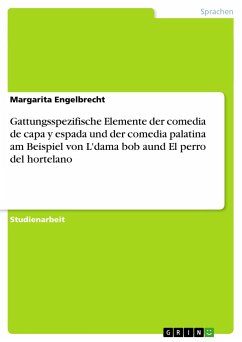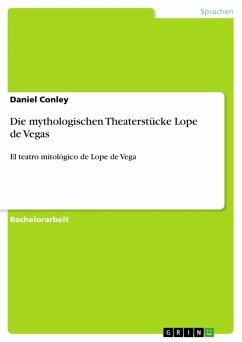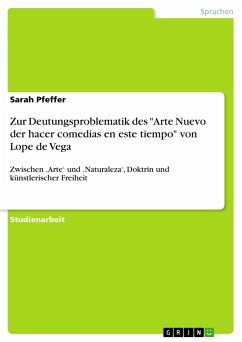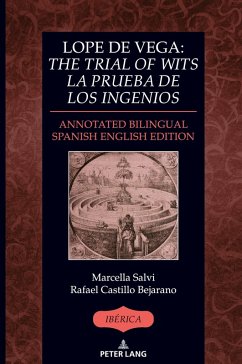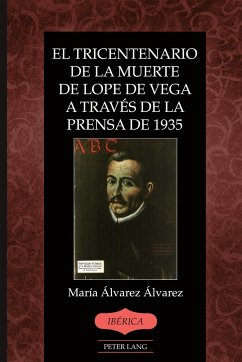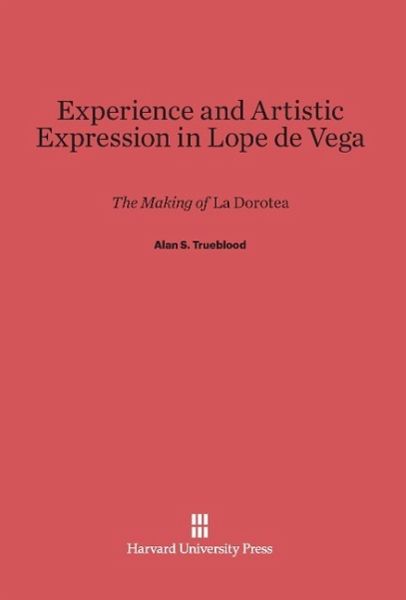
Experience and Artistic Expression in Lope de Vega
The Making of La Dorotea
Versandkostenfrei!
Versandfertig in 6-10 Tagen
60,00 €
inkl. MwSt.

PAYBACK Punkte
0 °P sammeln!
This is a major book about one of the luminaries of the golden age of Spanish literature. In spite of his great reputation, Lope de Vega is to most of us merely a name, in part because of the prodigious quantity and variety of his plays and other writings in verse and prose. Alan Trueblood's book does not pretend to survey all of Lope's works or to touch on all the events of his colorful career; yet it probes the mind and heart, and art, of Lope as no other study in English has done.Trueblood pursues the artistic consequences of a key experience in Lope's life, the four-year love affair with E...
This is a major book about one of the luminaries of the golden age of Spanish literature. In spite of his great reputation, Lope de Vega is to most of us merely a name, in part because of the prodigious quantity and variety of his plays and other writings in verse and prose. Alan Trueblood's book does not pretend to survey all of Lope's works or to touch on all the events of his colorful career; yet it probes the mind and heart, and art, of Lope as no other study in English has done.
Trueblood pursues the artistic consequences of a key experience in Lope's life, the four-year love affair with Elena Osorio that terminated violently in 1587. (The rejected Lope, age twenty-five, wrote slanderous verses about Elena's family and associates, was jailed on charges of libel, and was sentenced to ten years' exile.) Notwithstanding his subsequent marriages and liaisons, his mounting literary fame in Spain and abroad, and his eventual dedication to the Church as a priest, for forty-five years this experience reverberated intermittently in his writings, culminating in the great prose dialogue La Dorotea. Trueblood's demonstration of the increasing objectivity and sympathy with which Lope treats Elena/ Dorotea--in ballads, in sonnets, in plays, in La Dorotea--is psychologically as well as aesthetically revealing.
Trueblood provides by far the fullest analysis and elucidation of Lope's masterpiece, La Dorotea, that it has ever received--and in the process he probes the nature of literary creativity, the symbiosis between personal experience and artistic expression, in contexts going well beyond Lope and his age. Because the book will appeal to many readers who do not know Spanish, all quotations have been translated into English.
Trueblood pursues the artistic consequences of a key experience in Lope's life, the four-year love affair with Elena Osorio that terminated violently in 1587. (The rejected Lope, age twenty-five, wrote slanderous verses about Elena's family and associates, was jailed on charges of libel, and was sentenced to ten years' exile.) Notwithstanding his subsequent marriages and liaisons, his mounting literary fame in Spain and abroad, and his eventual dedication to the Church as a priest, for forty-five years this experience reverberated intermittently in his writings, culminating in the great prose dialogue La Dorotea. Trueblood's demonstration of the increasing objectivity and sympathy with which Lope treats Elena/ Dorotea--in ballads, in sonnets, in plays, in La Dorotea--is psychologically as well as aesthetically revealing.
Trueblood provides by far the fullest analysis and elucidation of Lope's masterpiece, La Dorotea, that it has ever received--and in the process he probes the nature of literary creativity, the symbiosis between personal experience and artistic expression, in contexts going well beyond Lope and his age. Because the book will appeal to many readers who do not know Spanish, all quotations have been translated into English.



